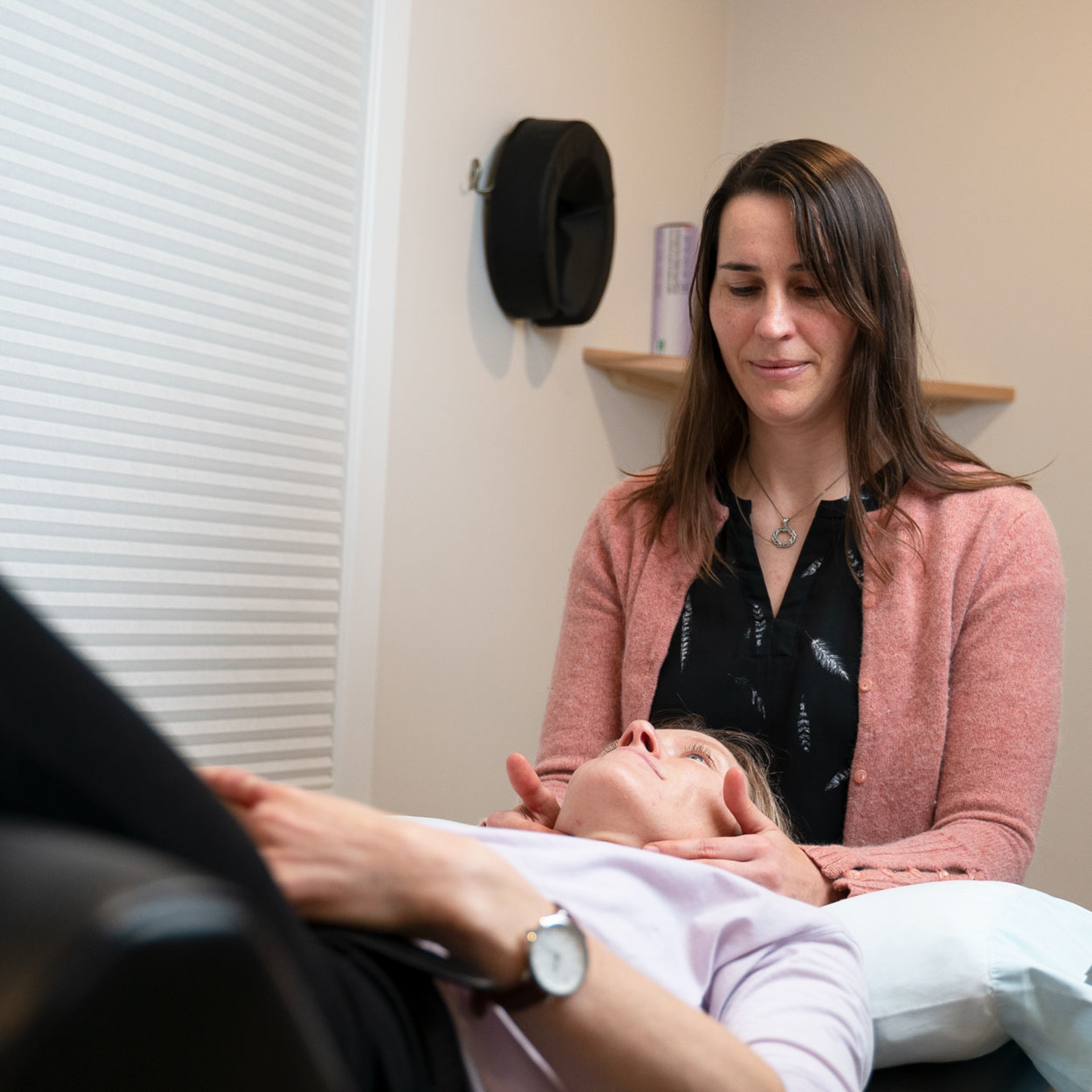
An over-use causing increased tone of the supra-hyoid muscles. It often develops in folks who have to use their voice professionally such as teachers, clergy or anyone who regularly participates in public speaking or singing.
The symptoms are typically:
-sounding hoarse
-getting a sore throat from talking
-voice cutting out
-difficulty projecting voice
-difficulty hitting high notes when singing
How to prevent Vocal issues including Muscle Tension Dysphonia:
-drink 2-3 liters of water a day
-avoid/reduce caffeine intake
-use caution with using antihistamines as they have a drying effect on the vocal cords, which worsens MTD
-avoid yelling
-avoid talking over noise or other people
-avoid talking through laryngitis
-use a microphone or other method of projecting your voice if you find talking loudly to be strenuous for your voice
What is the Role of Vocal Physiotherapy?
-improving posture to help voice production, often including scapular strengthening exercises
-breath work to improve use of abdominal breathing when speaking
-vocal muscle release
Scotia’s Cynthia Murphy, PT has a special interest and advanced training in Vocal Physiotherapy.












